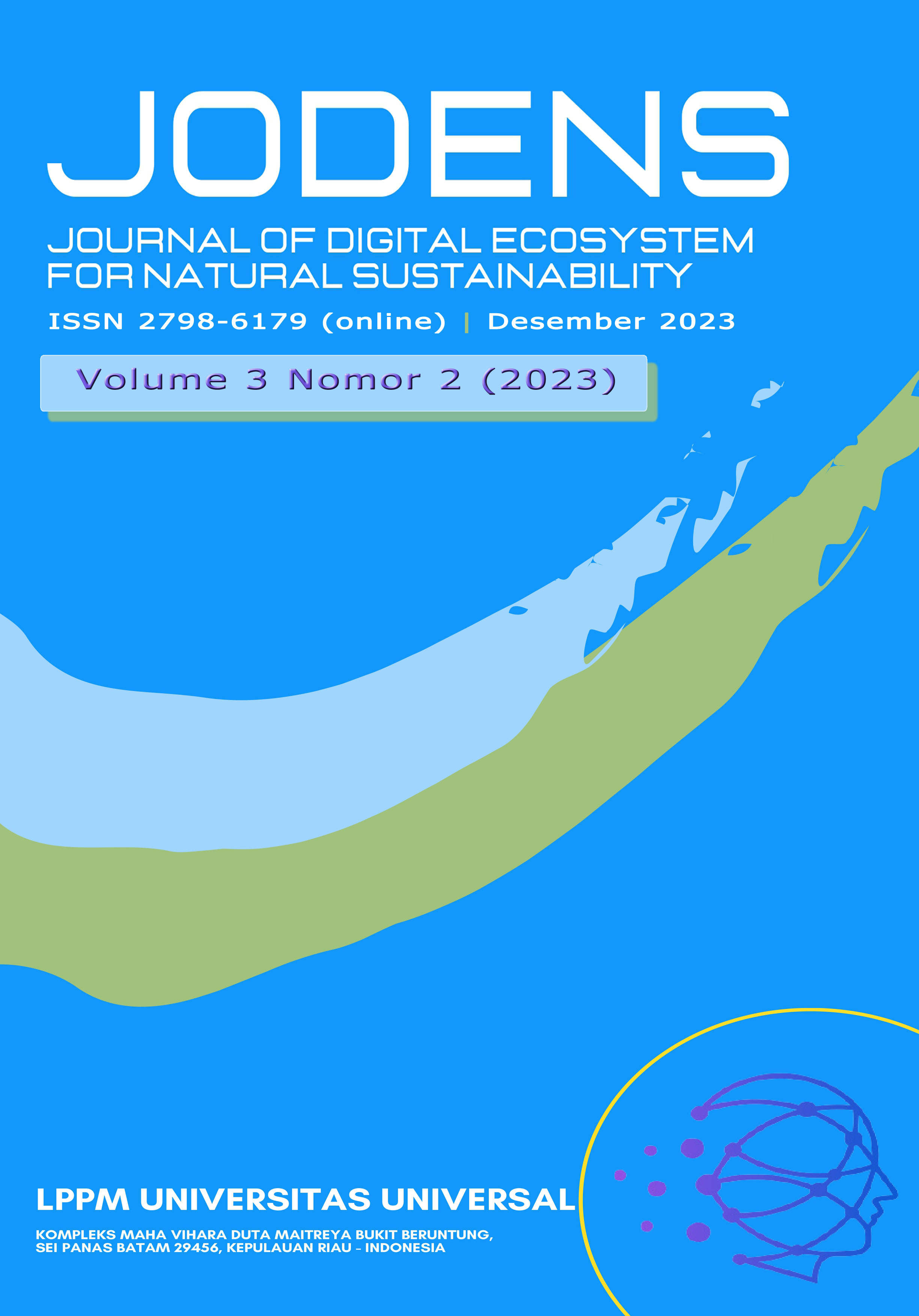Perancangan Aplikasi Kesehatan Mental berbasis Mobile Menggunakan Metode Design Thinking
DOI:
https://doi.org/10.63643/jodens.v3i2.146Kata Kunci:
Aplikasi, Design Thinking, Gangguan Mental, Kesehatan Mental, Speak-UpAbstrak
The purpose of this research is to determine an application prototype to giving more Anonymous Feature so that they can easily speak up what problem that they embarrassed or feel ashamed to talk to. The problem that we’re having at the moments is that user can’t be freely to speak up because of scared that people look at them as an person that want attention from others also a weak person that can’t handle something like that which its make people have some mental disorder that will risk to death if not assisted immediately. Design Thinking have five stages are involved which is emphatizing, defining, ideation, prototype and testing. The goal of this study is for made an innovation about mental health application and hope that they can interact to communicate without feel being judge.
Referensi
E. Deliviana, H. M. Erni, M. P. Hilery, and M. N. Naomi, “Pengelolaan Kesehatan Mental Mahasiswa bagi Optimalisasi Pembelajaran Online di Masa Pandemi COVID-19,” 2020.
Elsevier, “Mental Health Matters,” Elsevier, 2020.
Kementrian Kesehatan RI, “Laporan Riskesdas 2018 Nasional,” 2018.
A. Pragholapati, R. Rizky, A. Shaleha, Lina, A. Nasution, and I. Darmawati, “Reduksi Stigma terhadap Orang Dengan Gangguan Mental,” 2021.
O. K. Sari, N. Ramdhani, and S. Subandi, “Kesehatan Mental di Era Digital: Peluang Pengembangan Layanan Profesional Psikolog,” Media Penelitian dan Pengembangan Kesehatan, vol. 30, no. 4, Dec. 2020, doi: 10.22435/mpk.v30i4.3311.
D. Wulandari and D. Hermiati, “Deteksi Dini Gangguan Mental dan Emosional pada Anak yang Mengalami Kecanduan Gadget,” Jurnal Keperawatan Silampari, vol. 3, no. 1, pp. 382–392, Nov. 2019, doi: 10.31539/jks.v3i1.843.
Z. Ayres, A. Welsh, and J. Tijdink, “Speaking up for Mental Health,” Physics (College Park Md), vol. 13, Aug. 2020, doi: 10.1103/physics.13.93.
A. Kumar and K. R. Nayar, “COVID 19 and its mental health consequences,” Journal of Mental Health. Taylor and Francis Ltd., pp. 1–2, 2020. doi: 10.1080/09638237.2020.1757052.
N. U. Abdullah, “Hubungan Toxic Relationship Terhadap Gangguan Kesehatan Mental Pada Remaja,” 2022.
P. One and A. Wurst, “Let’s talk Mental Health Webinar Series,” 2018.
P. Paisal, B. Hairani, and A. Annida, “PENGEMBANGAN APLIKASI TES KESEHATAN MENTAL UMUM BERDASARKAN SRQ-20 WHO,” Jurnal Pengabdian Kepada Masyarakat ITK (PIKAT), vol. 1, no. 1, pp. 13–20, Dec. 2020, doi: 10.35718/pikat.v1i1.289.
I. P. Sari, A. H. Kartina, A. M. Pratiwi, F. Oktariana, M. F. Nasrulloh, and S. A. Zain, “Implementasi Metode Pendekatan Design Thinking dalam Pembuatan Aplikasi Happy Class Di Kampus UPI Cibiru,” Edsence: Jurnal Pendidikan Multimedia, vol. 2, no. 1, pp. 45–55, Jun. 2020, doi: 10.17509/edsence.v2i1.25131.
Unduhan
Diterbitkan
Cara Mengutip
Terbitan
Bagian
Lisensi
Hak Cipta (c) 2023 Geona Theophillia, Cyntia Chandra

Artikel ini berlisensi Creative Commons Attribution 4.0 International License.
















